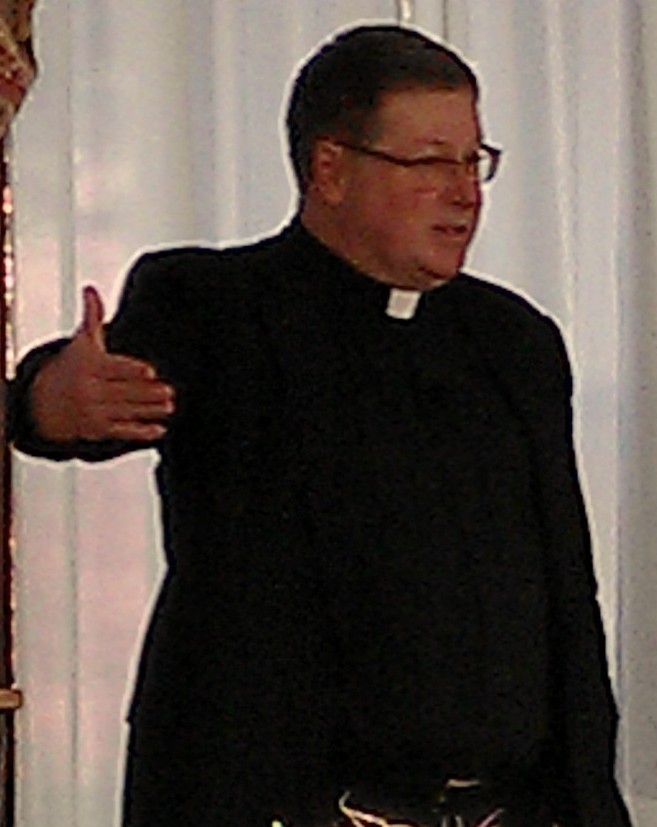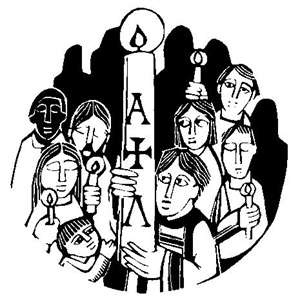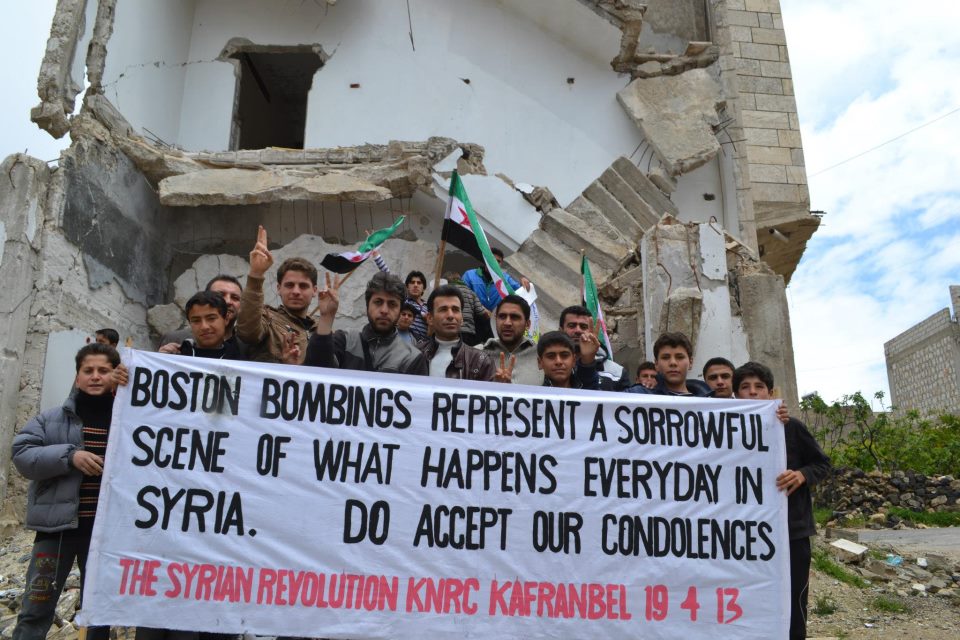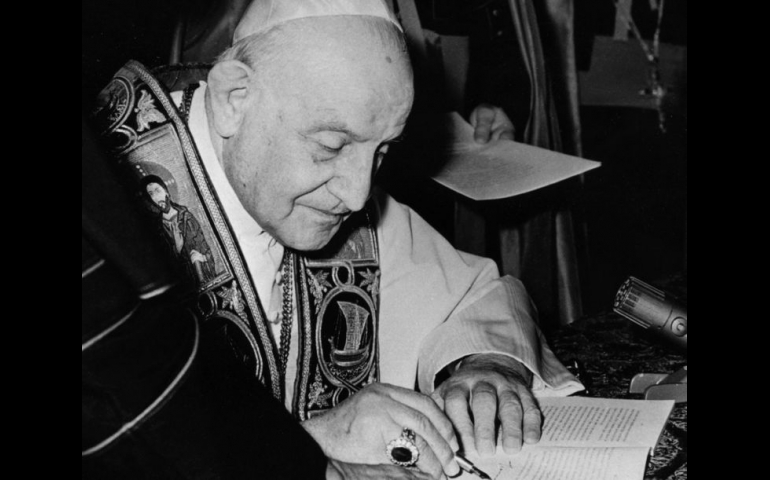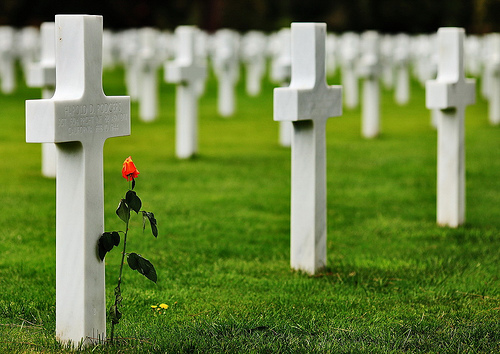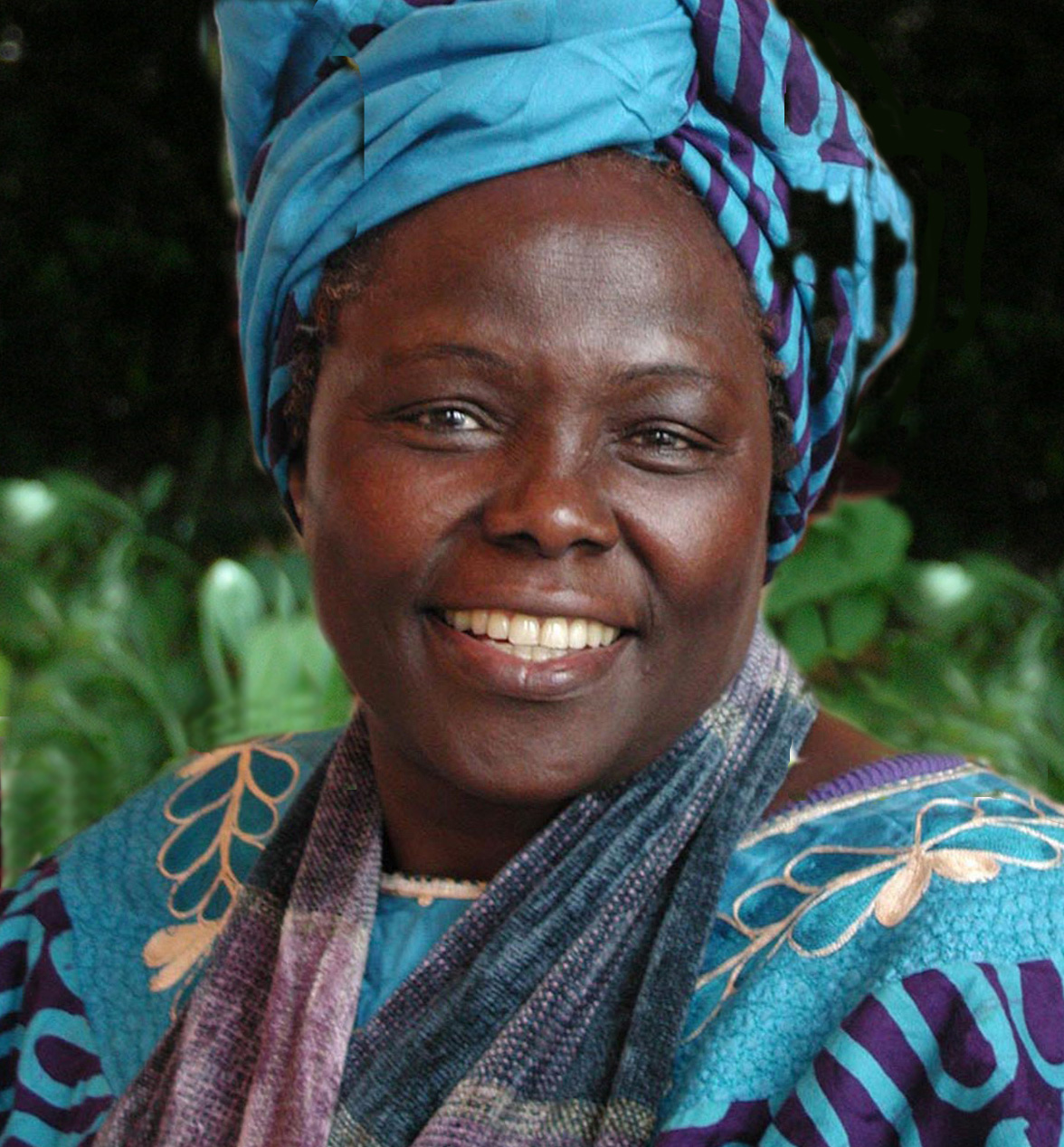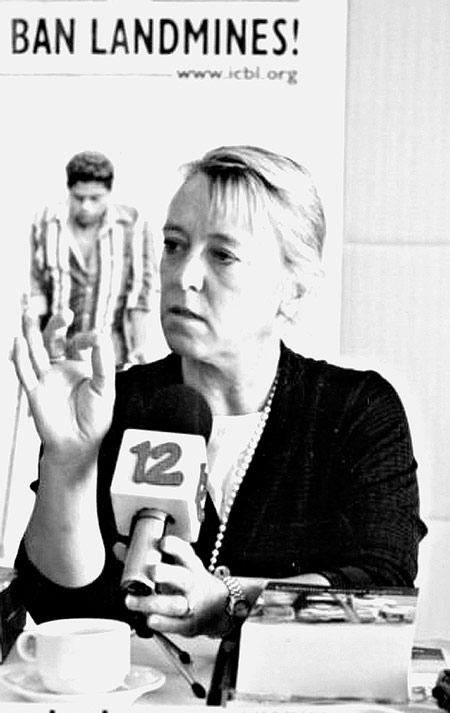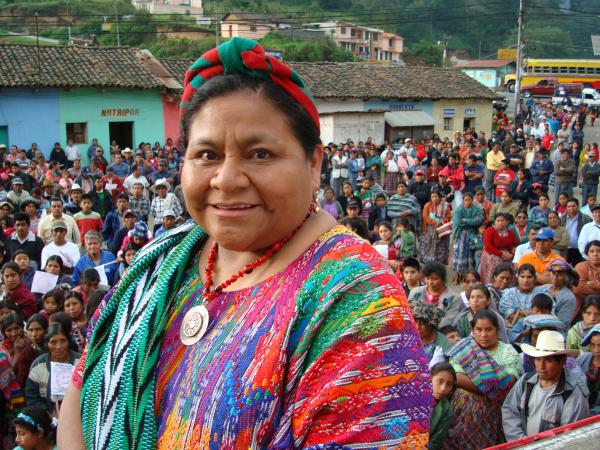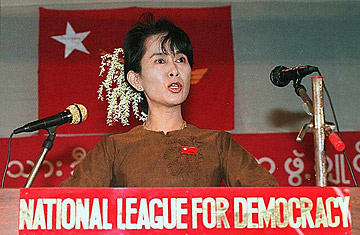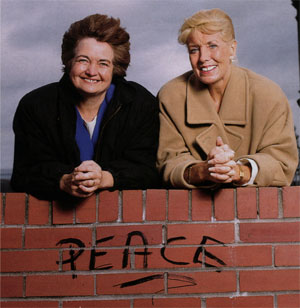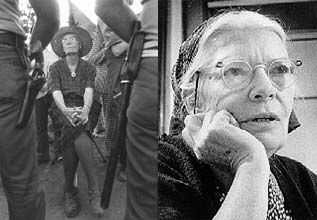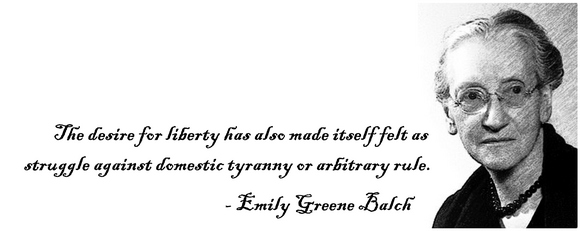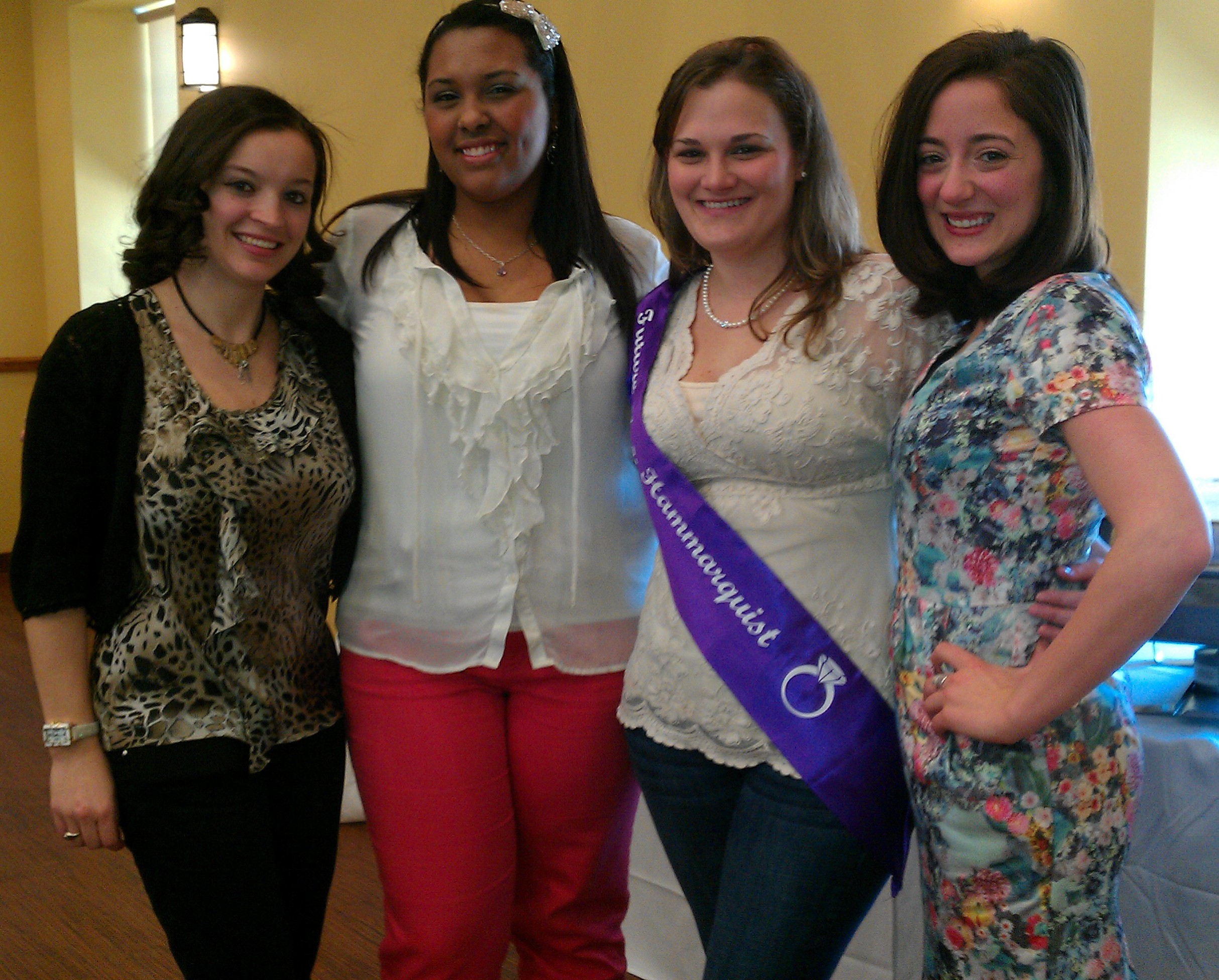Christos Aneste, Forum's closing and more
 Today, the Greek Orthodox Christians celebrate Orthodox Easter and hail, greeting one another with Christos Aneste! Christ is risen! Truly, he is risen! For a brief, comprehensive and really delightful survey of today's feast, read the article by Ecumenical Patriarch Bartholomew, Archbishop of Constantinople.
Today, the Greek Orthodox Christians celebrate Orthodox Easter and hail, greeting one another with Christos Aneste! Christ is risen! Truly, he is risen! For a brief, comprehensive and really delightful survey of today's feast, read the article by Ecumenical Patriarch Bartholomew, Archbishop of Constantinople.
One of the pericope's within the article caught my attention. "Christ is risen from the dead, trampling death by death, and granting life to those in the tombs." Life to those in the tombs -- human beings living here and now in the darkness and experiencing one or more of the maladies and misfortunes that life inevitably presents. Orthodox Easter presents an alternative perspective of an open tomb rather than an empty grave. Patriarch Bartholomew writes, "The miracle of the Resurrection then is an open invitation to a new way of living that prevails over the darkness within us and around us."
A new way of living. This radical, counter cultural way of being rehearses a breathtaking alternative to the present world culture of fear, alienation, self-preservation, entitlement, power and suspicion. The turbulent water of Christian baptism that is Easter confronts us with the constant and ongoing conversion that seizes the human person on every level and throughout every fiber of intellect, moral behavior, religious conviction, emotional expression, ecclesial commitment and missionary activity in service to the world through the lived action of the Gospel. Through our baptismal initiation, we are hurled into the turbulence of the Paschal Mystery. Life can never be the same. As Nathan Mitchell wells says, "...for in conversion's crucible, a new and terrible beauty is born." from Echoing God's Word, James B. Dunning, founder of The North American Forum on the Catechumenate.
Remembering Forum
This week, we received the really sad news regarding the forthcoming closure of The North American Forum on the Catechumenate, an international and collaborative ministry of members dedicated to the full implementation of the Rite of Christian Initiation of Adults, with support ministries in the areas of reconciliation, catechesis, liturgy and mission. Created to form and inform the entire church of its work in the ongoing labor of evangelization through sacramental celebration in the full implementation of the RCIA, two of Forum's original team leaders, Jerry Galipeau and Rory Cooney wrote heartfelt (and heartbreaking) blogs regarding Forum's ending. I mourn with them. Forum pulled me up from an empty grave and plunged me into the open tomb of love and labor of the work of Christian Initiation.
I am changed because of the work of Forum. Like the conversion of Paul, the blinding light hit me with the experience and full impact of the Rite of Initiation of Adults through my first Beginnings and Beyond. That entire week (middle of July and hotter than Hades!) knocked me off my proverbial horse and set me on a completely changed course in my ministry and my life as a Christian. There is no return to a former life once you experience the drench of the full implementation of the rite celebrated and examined and celebrated again.
A parish believed so much in the full implementation of RCIA that they brought Forum's Beginnings and Beyond to Stonehill College in the early '90's. Fr. Dan Hoye, former secretary of the USCCB and author of The Rite of Christian Initiation of Adults was among the participants, along with his music director and his wonderful RCIA team. I worked with one of Forum pastoral musicians, Kevin Bourrassa and served as the cantor and leading sung music for all the liturgies.We introduced Jerry Galipeau's response to the first reading for Easter Vigil, Evening Came and Morning Followed, Rory Cooney's Exodus Reading and Bernadette Farrell's God of Abraham to the diocese at that Beginnings and Beyond. That music bred like a rabbit and can be heard in many parishes throughout several diocese in the Northeast region.
I am forever grateful to Fr. Lou Phillipino, Fr. Paul Caron (later, my pastor, teacher and mentor at St Francis Xavier in Acushnet, MA), Kathy and Michael Sites, Rose Kelleher and the parish RCIA team of Immaculate Conception Parish in Easton, MA for introducing me to Forum, for your vision, your hard work and your love for this rite and leading all of us who attend that Beginnings and Beyond, which really was beyond the beyond. We've remained connected with clear-sighted vision in the implementation of this rite. You are what this work and ministry is all about.
I know so many others who have experienced deep conversion through Forum's visionary teaching and witness. I participated and witnessed how the full implementation of this rite changes and converts entire communities and changes hearts in several parish contexts. When I attended my first Forum convention, I recognized the resurrected Christ in leaders like Nathan Mitchell who offered one of the most riveting keynote talks I've ever heard anytime, anywhere, Fr. Raymond Kemp lit the house on fire with his compelling preaching and presiding; I was privileged to work with Fr. Ray and Fr. Walter Burghart, S.J. on a Preaching the Just Word retreat for our diocesan presbysters. Jerry Galipeau directed music for the Forum conference that year and invited me to assist Chris Walker staff the handbell section for call to worship in the exhibit hall and for some of the liturgical music. That same week, Jerry was elected by Forum's board to replace Forum's exiting leader Thomas Morris who gave us The RCIA: Transforming the Church: A Resource for Pastoral Implementation. Gabe Huck sat next to me at one of the keynotes and shared his thoughts on the RCIA and Triduum. My copy of Tom's book and Gabe's book The Three Days: Parish Prayer in the Paschal Triduum look very much like my study copy of the Rite of Christian Initiation of Adults - ragged, underlined, paper clipped, written in margins, time worn and loved throughout. When I wrote my master's thesis, The Re-formed Rite of Penance, Forum's Joe Favazza, whom I later worked with at Stonehill College was my reference for reconciliation through theological reflection.
Over the years, I've met, hosted and worked with so many gifted liturgical composers. Because I compose and publish, I do so appreciate the work that these wonderful artists produce on behalf of the church and how their music evokes the prayer of liturgical texts of the RCIA and transmits them from head to heart. The task of composing requires long hours of writing, editing, re-editing and re-re-editing, asking choirs, assemblies and cantors to test the material, hope a publisher will take a chance on the work and pray that assemblies will find the music prayerful and liturgically appropriate for the implementation of the rite. It takes the work of a village to compose and publish liturgical music.
David Haas, Marty Haugen, Rory Cooney, Christopher Walker, Bob Hurd, Bernadette Farrell, Dan Schutte, Tom Kendzia, Tony Alonso and a host other pastoral composers pray and probe, explore and labor, compose and produce magnificent scores married to the church's theological texts on behalf of the RCIA that pierce hearts and create the living musical liturgy for the Rite of Christian Initiation. (Please forgive my omissions; there are many who labor in this field with very little monetary benefit and recognition but reap heaps of reward stored up in the new Jerusalem, our destiny (thanks Rory). I know; I live that life.
We go on
How can the church adequately express the profound gratitude for the vision of liturgical pioneers James Dunning and Christiane Brusselmans and to all visionaries who allowed themselves to be purged in Pentecost fire to provide us with the tools we need to fully implement the Rite of Christian Initiation?
By going on. We go on and continue the work of evangelization, of conversion, of full implementation of one of the most beautiful gifts to the Church that the Second Vatican Council prompted, endorsed and encouraged - the Rite of Christian Initiation of Adults. True that a beloved 'root,' North American Forum on the Catechumenate will close its doors soon. Windows open. With Easter hope and conviction, we believe that the breath of the Spirit of God causes a gust of change in us and through us and among us through the prompt, the push, the synergy that is Christian community lived within the Paschal Mystery. We will go on to teach, to preach, to sing the liturgy and continue the work that Forum began in 1981. We will go on because Christ told us to go and make disciples of all nations "for the life of the world." (Thanks, Jim Dunning.) That's not a suggestion; that's the work ahead of us. Who will continue the work? That's not for us to say but for us to trust that Christ is risen and living and dwelling among us and still calling new disciples who will learn the work of Christian Initiation from what we do ourselves. The RCIA will live because grace continues to stir us to we teach, to implement, to preach, to compose, to sing, to celebrate and to live what has been entrusted to us.
Consider the magnificent gift of Team RCIA, the phenomenal website created by Nick Wagner and Diana Macalintal, picking up the torch and continuing on to provide us all with rich resources, webinars, 'free stuff', books, music, team formation tools, preaching help. Consider the ongoing work of National Pastoral Musicians, which continues to educate, encourage and provide conventions, webinars, workshops, written materials and rich opportunties for "learning, network and support, resources, vocation, mission and spirituality." (Quote from J. Michael McMahon, President of NPM, Pastoral Music, May 2013, Vol. 37:4). Consider the work of dependable publishers like World Library Publications, GIA Publications, Oregon Catholic Press, Liturgy Training Publications, Resource Publications among others produces ongoing tools in liturgical formation, mystagogy and ongoing education. To my knowledge, none of these ministries are closing their doors. We go on.
Full throttle
Jesus warned us about losing heart. "Do not let your hearts be troubled," he said. "Have faith in God and faith in me." Do we have enough faith in the work behind us to give us the courage to forge the way ahead? The Rite of Christian Initiation must be experienced at full throttle. That can only occur when communities, through faithful leadership accept the "open invitation to a new way of living that prevails over the darkness within us and around us," revealing the risen Christ in the midst of the worshipping assembly and the daunting rite of the RCIA. James Dunning believed that the Rite of Christian Initiation of Adults would be modeled, adopted (and pastorally adapted), implemented to become the 'ordinary' work of the Church. That has been Forum's mission all along. Now it's our turn to pass that torch and believe with every fiber of our being that Christ is risen! Truly, he is risen! and fan a flame until it turns into a pillar of fire for all captives to follow out of the darkness and into the daylight of life in Christ.
With full hearts of gratitude, we thank the members of The North American Forum on the Catechumenate for its faithful ministry on behalf of the RCIA. Your gift to the Church will continue to shine for us all for many years to come.
To our Greek Orthodox friends, Christos Aneste! May the feast of all feasts lead us all from the darkness of the tomb into the light of Easter day.
 Denise Morency Gannon
Denise Morency Gannon



